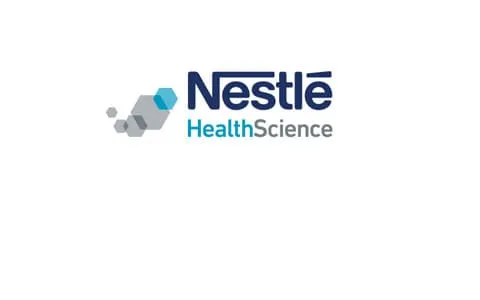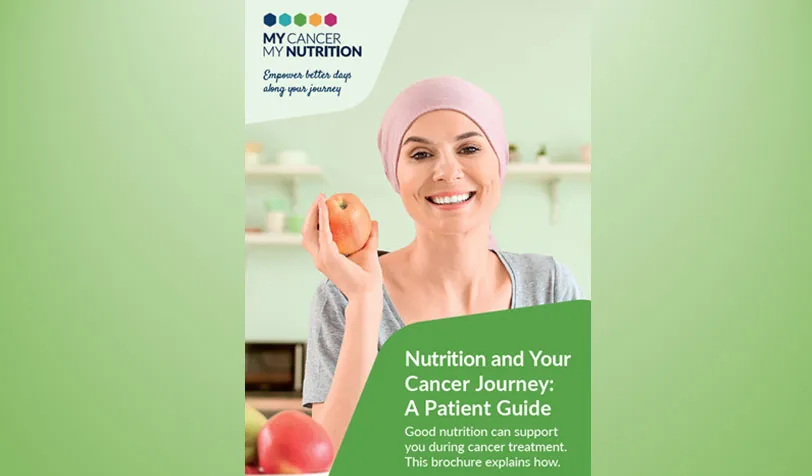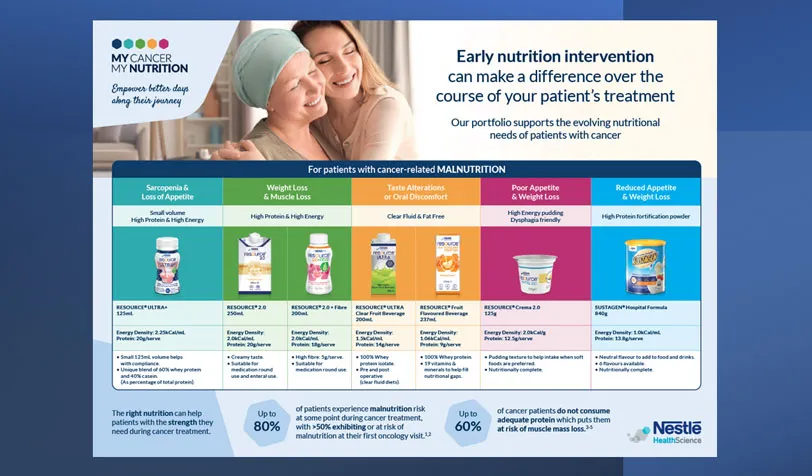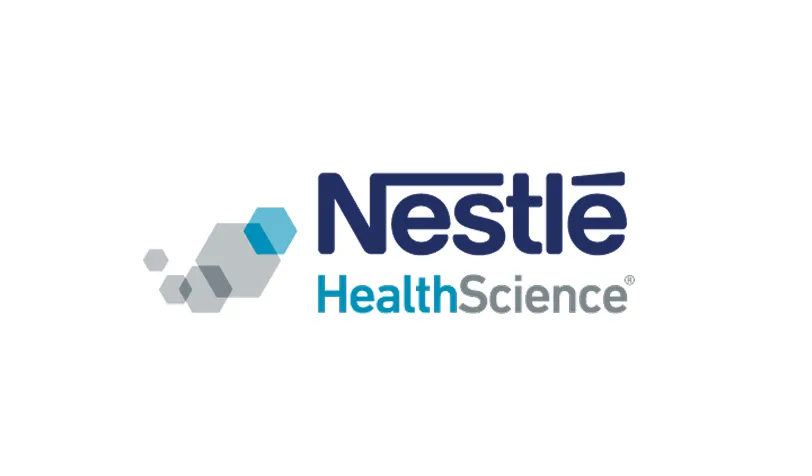This program reviews the latest evidence around the role of nutrition intervention for the prevention and treatment of cancer. Learn about the role of CT scans as predictors of outcomes and identifying hidden sarcopenia and understand how cancer death is related to chronic inflammation. Several common nutrition supplements are reviewed including fish oil, types and amount of protein, antioxidants, vitamin D, probiotics and more recent data around Specialized Pro-resolving Mediators (SPMs).
Nutrition in Cancer Therapy: Opportunities for Prevention and Treatment
- 22/06/2021 - 10:08 am
Presented by Professor Vickie Baracos, this looks at the evaluation of the nutritional status of the patients with cancer, causes of wasting and counter-measures: enabling dietary intake through effective symptom management: optimising the quantity and nutrient density of the diet.
Brochure for patients on the importance of why good nutrition matters during cancer treatment, with practical guidance for addressing challenges in maintaining adequate nutritional intake.
Supporting oncology patient care through evidence-based nutritional support. A concise guide for HCPs on integrating nutrition into oncology care plans. highlighting the importance of early intervention and its positive impact on patient outcomes.
Nutritional challenges are common among cancer patients. Discover more about nutritional products designed to support patients throughout their treatment journey. Tailored medical nutrition can help improve outcomes for those requiring additional support or experiencing side effects from cancer therapy.
This randomised controlled trial examined older adults (≥65 years) with locally advanced gastric cancer undergoing neoadjuvant chemotherapy. Over 8 weeks, high-protein oral nutritional supplements (ONS) were compared to standard nutrition care. ONS improved calorie and protein intake and reduced malnutrition risk, though no significant differences were found in physical function or quality of life. Both groups experienced quality of life declines and increased fatigue during treatment. While ONS may help maintain nutritional status, further research is needed to assess long-term benefits.
This systematic review and meta-analysis evaluated high-protein supplementation (≥10 g/serving) during cancer therapy. Across 35 randomised controlled trials (3701 patients), high-protein supplements reduced weight loss, improved muscle strength, and lowered hospitalisation rates. No significant effect was found on health-related quality of life. Effects on survival, fat mass, and therapy toxicity were inconsistent. Supplements were generally safe and well-tolerated. Most studies had moderate to high risk of bias, so results should be interpreted cautiously. High-protein supplementation may benefit cancer patients, especially those with prior weight loss, but more robust trials are needed.
Malnutrition is common in gynecologic cancer patients and worsens surgical outcomes. Immunonutrition (special nutrients like arginine, omega-3s, nucleotides, antioxidants) may help reduce infections, improve healing, and shorten hospital stays when used as part of Enhanced Recovery After Surgery (ERAS) protocols. However, challenges include high cost, poor patient compliance after surgery, and lack of standard guidelines. Evidence is promising but not yet conclusive—more research is needed before routine use.
The 2025 ERAS Society guideline provides updated, evidence-based recommendations for perioperative care in elective colorectal surgery. Key elements include preadmission education, risk and comorbidity assessment, nutritional screening, and early oral feeding. The protocol emphasises multimodal pain relief, early mobilisation, and minimally invasive surgery. Some recommendations have changed: prehabilitation is no longer specifically recommended, immunonutrition is now considered for malnourished patients, and a slightly positive fluid balance is preferred. Adherence to the full ERAS protocol improves recovery, reduces complications, and shortens hospital stay, though evidence quality varies across interventions.
Malnutrition is common and often overlooked in surgical patients, especially those with cancer. This ESPEN guideline emphasises early screening, individualised nutrition interventions, and integrating nutrition into surgical care (including Enhanced Recovery After Surgery protocols). Early oral feeding, prehabilitation, and multidisciplinary teamwork are recommended to improve outcomes, reduce complications, and support recovery.
Malnutrition and sarcopenia are highly prevalent but often under-recognised and under-treated in adults with cancer. Both conditions are associated with poorer treatment tolerance, reduced quality of life, and worse clinical outcomes. This COSA position statement provides practical recommendations for routine screening of all cancer patients for malnutrition and sarcopenia, using validated tools. It emphasises early identification, comprehensive assessment, and timely, individualised interventions—including nutrition therapy, exercise, and multidisciplinary care. The statement highlights the importance of integrating nutrition and muscle health into standard oncology practice to improve patient outcomes and recovery.
Malnutrition is a frequent and serious concern in patients with cancer, yet nutritional risk is often under-recognised and under-treated by clinicians and care teams. These ESPEN practical guidelines provide clear, evidence-based recommendations for the screening, assessment, and management of nutrition in adult cancer patients. The guidance emphasises early and regular nutritional evaluation from diagnosis, individualised interventions (including dietary counseling, oral nutritional supplements, enteral or parenteral nutrition as needed), and the importance of maintaining physical activity. The guidelines also address nutrition support during surgery, radiotherapy, chemotherapy, and in palliative care, highlighting the need for a multidisciplinary approach to optimise patient outcomes, treatment tolerance, and quality of life.
Older adults with cancer are at high risk for malnutrition and cachexia, particularly when undergoing chemotherapy. Despite this, nutritional risk is often under-recognised and under-treated in this population. This systematic review highlights that malnutrition is common both before and during chemotherapy, with digestive symptoms and weight loss frequently observed. Malnutrition is associated with poorer tolerance to chemotherapy, early treatment discontinuation, increased toxicity, and higher mortality. The authors recommend routine nutritional assessment and early, individualised interventions as part of comprehensive geriatric oncology care.





